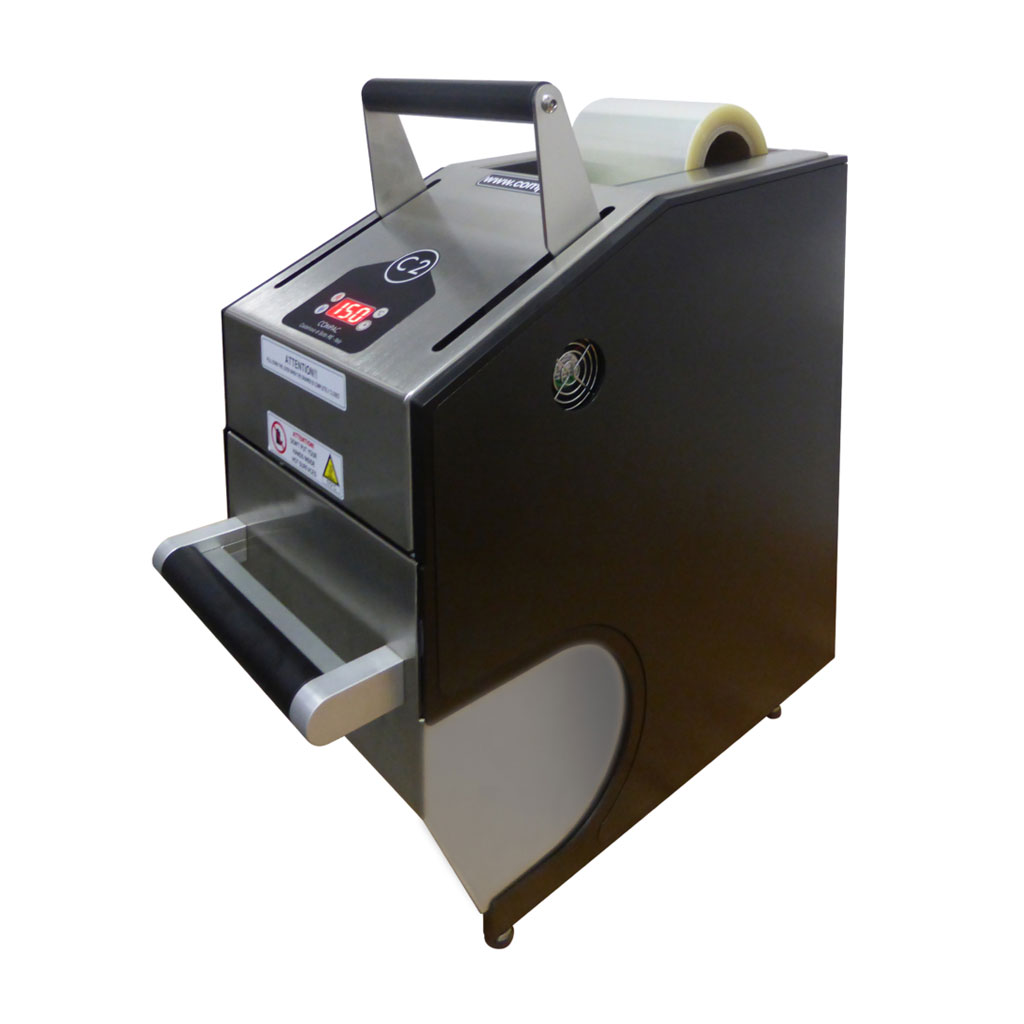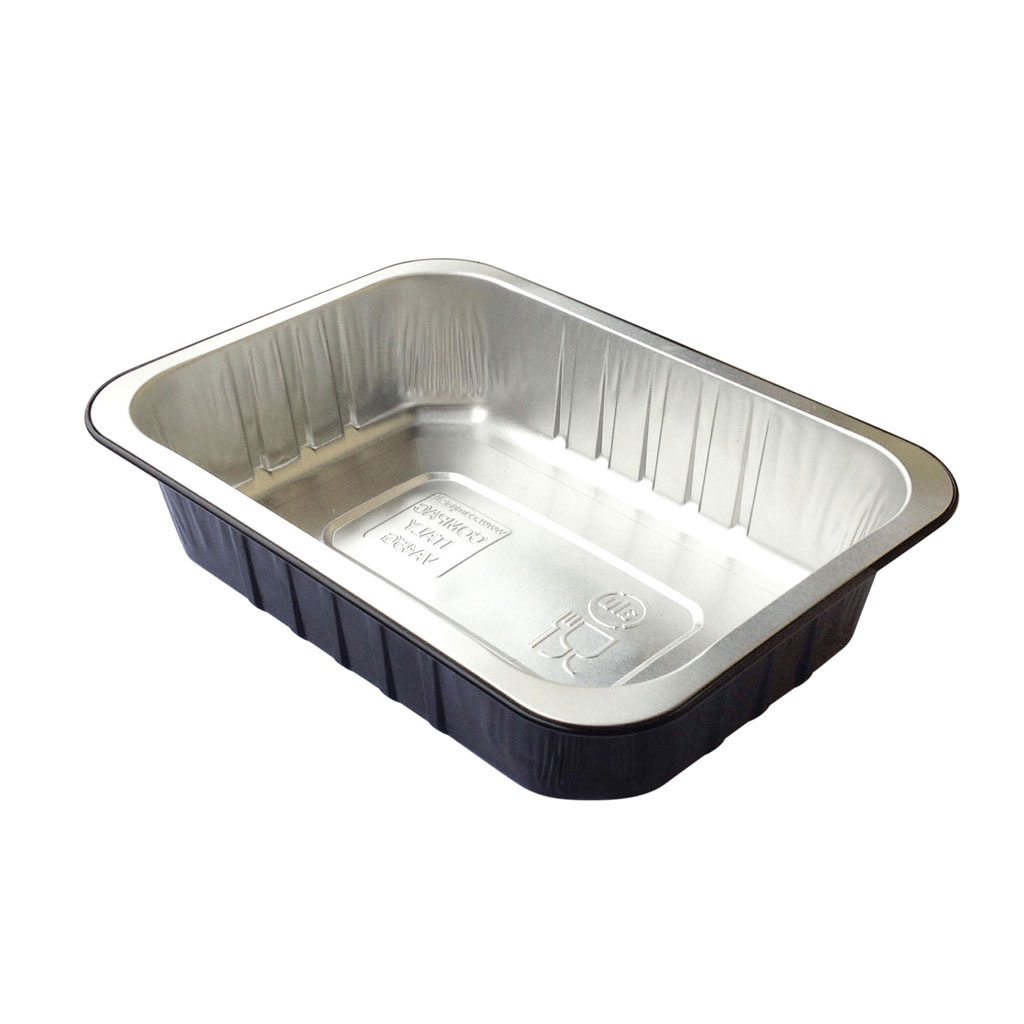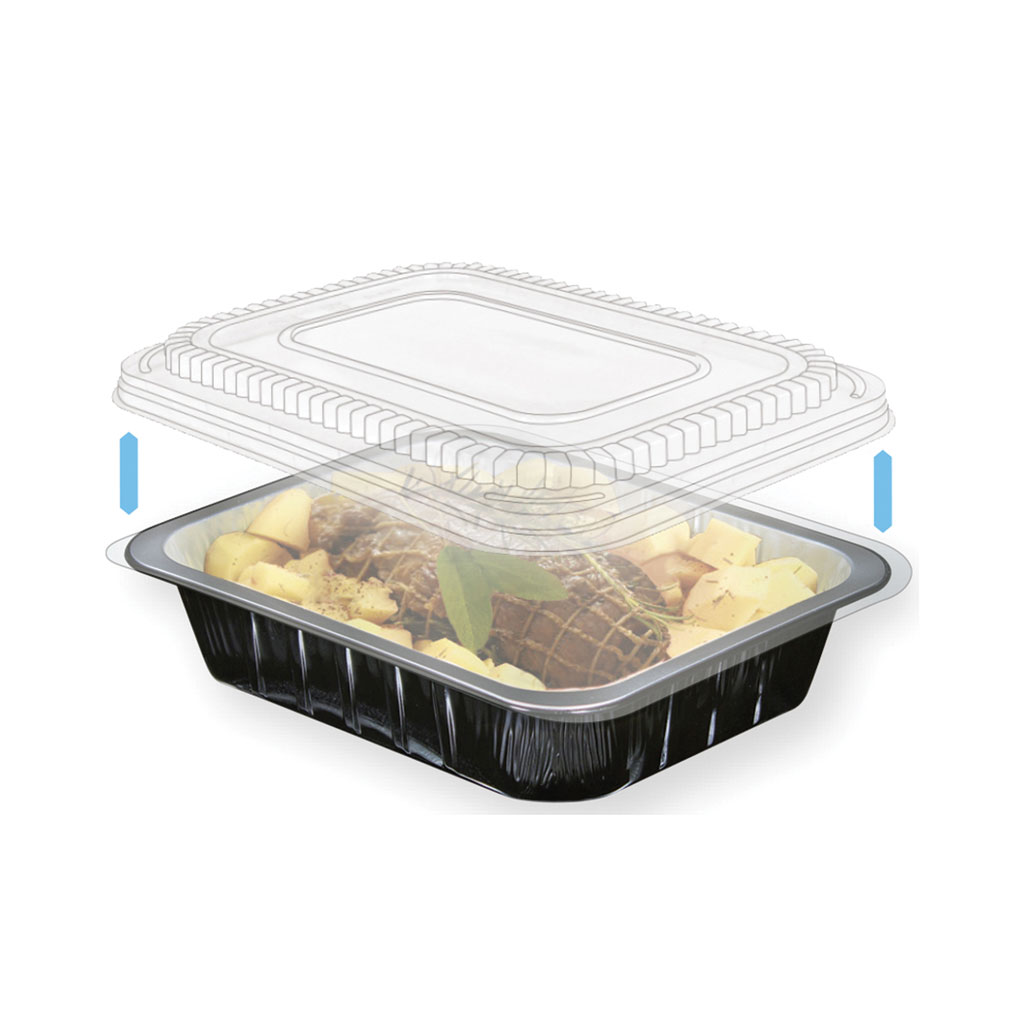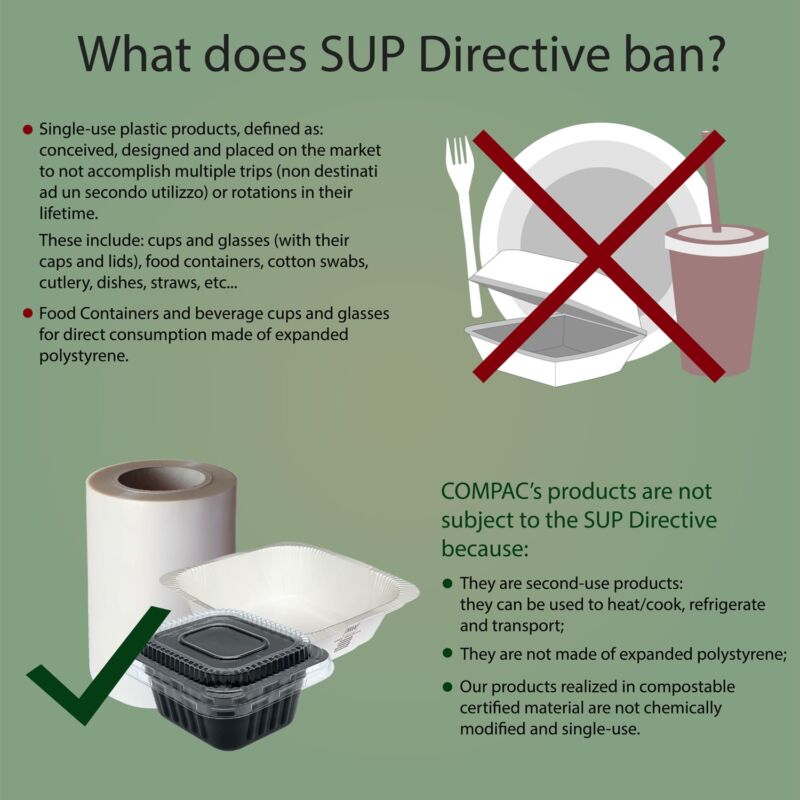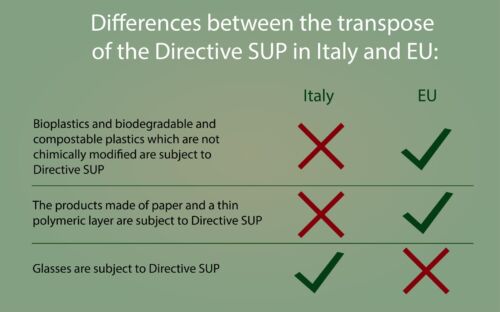WHAT DOES SUP DIRECTIVE ENTAIL?
On 5 June 2019, the European Parliament and the Council have approved the Directive (EU) 2019/904:
The scope of this Directive, also known as SUP Directive (Single Use Plastics), is to promote sustainability and deterring the use of single-use products made of plastic, for all those products for which they are options on the market.
In order to make that, the Directive implements two important tools:
- Mandatory labelling: allowing the right collection of products and, as a consequence, the reduction of the potential negative effect on the environment;
- Extension of responsibilities of the producers (“polluter pays principle”) – the practice that those who produce pollution should bear the costs of managing it.
The “SUP” Directive has to be transposed by all Member States of the European Community by 3 July 2021: on April 21, in Italy, the Senate has approved in definitive way the delegation law for the transpose of the Directive, making many modifications.
Which products does SUP Directive ban?
Before listing which products are subject to this Directive, it is necessary to clarify about the definition of «single-use plastic products».
Under the Directive, the definition concerns: “the products made of plastic (totally or partially),that are not conceived, designed and placed on the market to accomplish within their life span multiple trips or rotations by being refilled or re-used for the same purpose for which they are conceived”.
Which means, all the products of first use that are designed for an immediate consumption by the consumers and that are not subject to following preparations (such as cooking, heating and/or refrigeration), that are not once more subject to transport and that are not re-used for the same purpose for which they are conceived.
Now we can analyse, in detail, the list of items of plastic products included in the Directive, that will be subject to the reduction of consumption (referred to in Article 4 of the Directive and explained in Annex A) and to the restriction on placing on the market (referred to in Article 5 of the Directive and explained in Annex B):
- Beverage cups and glasses (including their covers and lids);
- Food containers with or without lid, used for:
- Ready-to-eat food; or
- Food usually consumed directly from the containers; and
- Ready-to-eat food without following preparations (such as cooking, boiling or heating).
- Cotton swabs (with the exception of those falling within the scope of Council Directive 90/385 /EEC or Council Directive 93/42 /EEC);
- Plates and cutlery (forks, knives, spoons, and chopsticks);
- Straws (with the exception of those falling within the scope of Council Directive 90/385 /EEC or Council Directive 93/42 /EEC);
- Beverage stirrers;
- Sticks for balloons;
- Food Containers made of expanded polystyrene with or without lid, for food:
- Ready-to-eat food; or
- Usually consumed directly from the containers; and
- Ready-to-eat food without following preparations (such as cooking, boiling or heating)
- Beverage containers and cups made of expanded polystyrene and related caps and lids;
- Single-use articles made of oxo-degradable plastic;
How does SUP Directive treat compostable plastic?
Regarding compostable products, the transposition Law of the Directive in Italy involves important news: Italy has decided to open itself towards the use of certified single-use compostable plastic items (comply with EU UNI EN 13432 standard) who present an increasing percentage of renewable row material and which are not chemically modified. This is possible only if there is not renewable options for plastic products that are restricted.
For the European Union, compostable Bioplastic are strictly compared to standard plastic.
In fact, EU claims that: “there are no widely agreed technical standards available to certify that a specific plastic product is properly biodegradable in the marine environment in a short time span and without causing harm to the environment”.
Is Compac subject to SUP Directive?
COMPAC’s products are not included in the list of products banned by SUP Directive and, for this reason, they are not restricted in consumption and placed on the market.
In fact, our range of products:
- Are fully designed for a second use: cooking and/or heating, refrigeration and transport, so they can not be defined as “single-use products”;
- Are not made of expanded polystyrene;
- Are not chemically modified, regarding compostable certified products.

